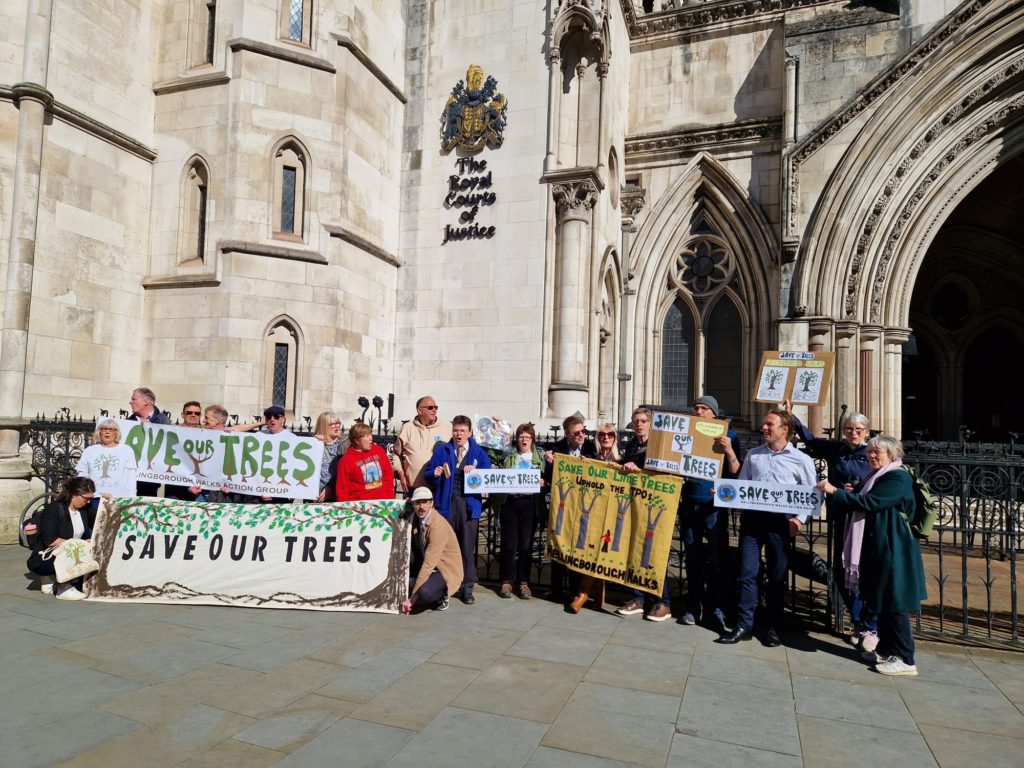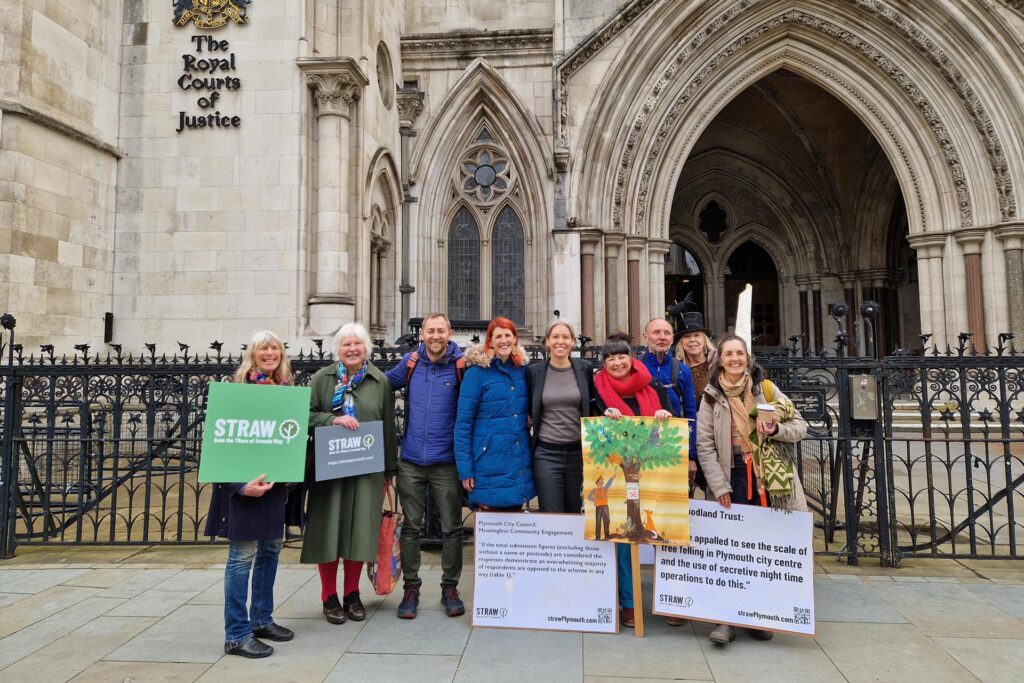R (Dawes) v Secretary of State for Transport and RiverOak Strategic Partners Ltd [2024] EWCA Civ 560
Following the judicial review brought against the Secretary of State for Transport for the approval of a DCO granting approval for the re-opening of Manston Airport, the Court of Appeal has made an important clarification to the Infrastructure Planning (Examination Procedure) Rules 2010.
The Secretary of State and Interested Party had argued that Rule 19 of the 2010 Rules – which requires the Secretary of State to consult where new evidence or facts mean that the Minister is inclined to disagree with the examining authority – do not apply after the examining authority has published its report.
In departing from the ruling of Dove J in the High Court, Lord Justice Lewis, with whom Lord Justice Jackson and Lord Justice Warby agreed, held that Rule 19 applies at any time after the completion of the examination and before a decision is reached. This conclusion flowed from the clear wording of the Rule and ‘reflects the purpose underling the rule’, the aim of which is ‘to ensure procedural fairness’.
This is a welcome clarification and ensures increased fairness in the DCO process where the Minister intends to depart from its expert advice, as was the case here.
Regrettably for Ms Dawes, the residents of Ramsgate and climate campaigners, the Court did not find that the new evidence was a reason for the Secretary of State’s decision. Instead, the report submitted by the applicant, which relied on 24 interviews that were never published, and which the Secretary of State’s examining authority considered should be given little weight as a result, was held to be the basis for the decision.
Given the woeful economic outlook for Manston Airport, as almost every other expert agreed, it is unlikely the airport will succeed. This is, however, of limited comfort given the social and environmental harm that is likely to be caused in the interim.
Alice Goodenough of Goodenough Ring Solicitors acted for the Claimant instructing Richard Harwood KC and Gethin Thomas, both of 39 Essex Chambers.




